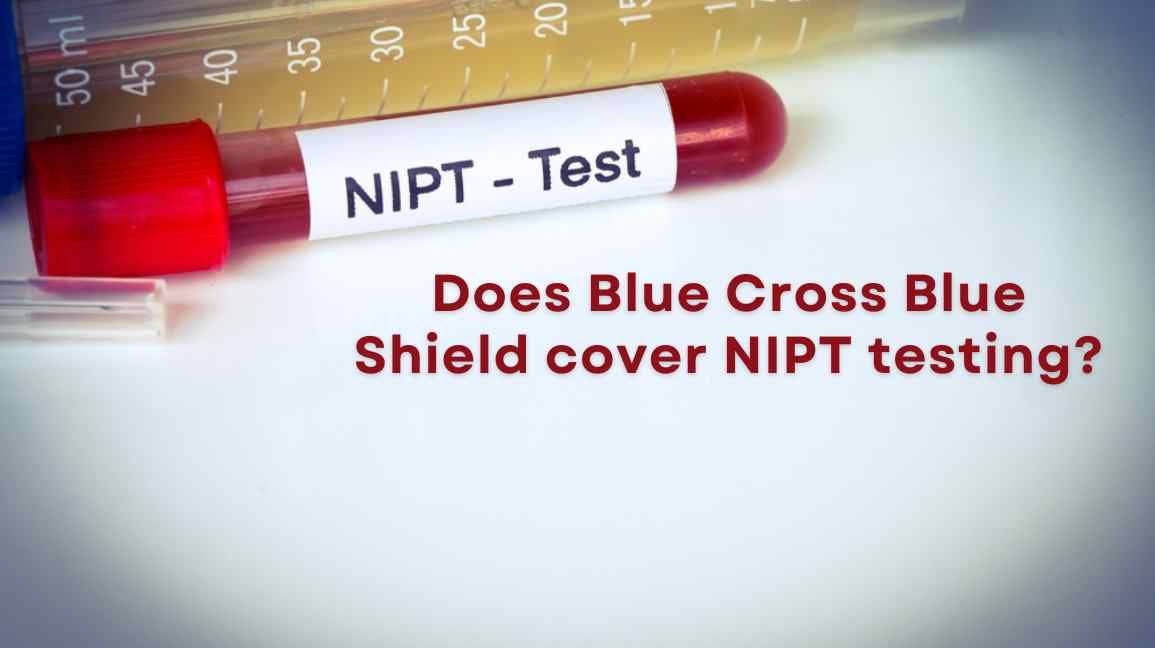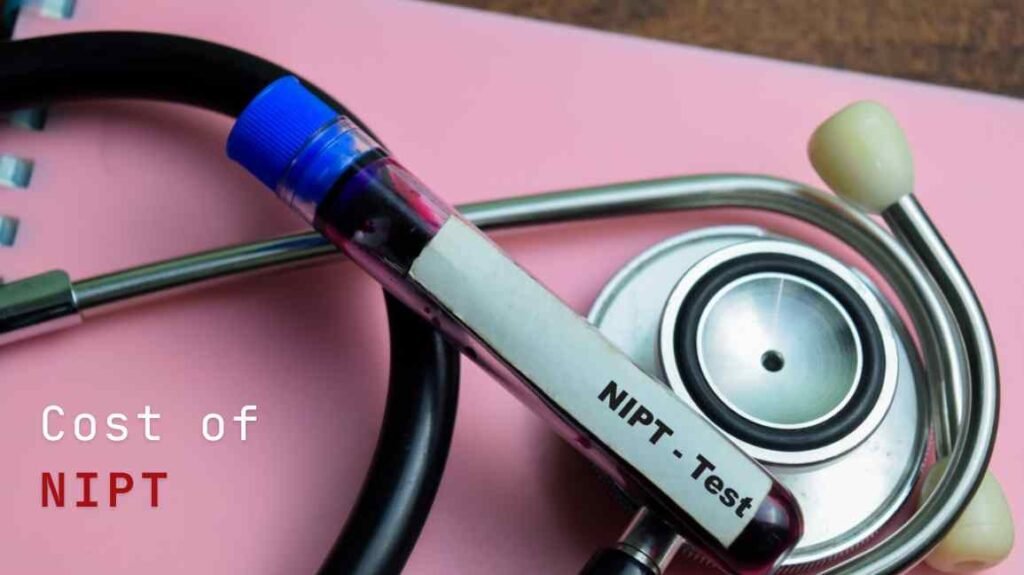

Understanding health insurance can be really confusing, especially when it comes to specialized tests like the Non-Invasive Prenatal Testing (NIPT).
This advanced test, designed to analyze fetal DNA in a mother’s blood to detect genetic abnormalities early in pregnancy, has become increasingly sought after by expectant parents. If you have Blue Cross Blue Shield (BCBS) health insurance, you may be wondering if they cover the cost of this test.
In this article, we’ll explore the coverage policies of Blue Cross Blue Shield for NIPT testing, including criteria for coverage and how to ensure your test is included under your plan.
Table of Contents
Non-Invasive Prenatal Testing (NIPT), also known as cell-free DNA screening, is an advanced procedure which is used to detect different genetic conditions in a fetus during pregnancy.
It involves drawing a blood sample from the expectant mother and analyzing it for tiny fragments of fetal DNA that circulate in her bloodstream.
NIPT is highly effective in screening for chromosomal abnormalities like Down syndrome (Trisomy 21), Edwards syndrome (Trisomy 18), and Patau syndrome (Trisomy 13). Additionally, it can provide insights into the baby’s sex and rhesus (Rh) blood type.
It is considered a safe and non-invasive alternative to traditional methods like amniocentesis or chorionic villus sampling (CVS), which carry a small risk of miscarriage.
Previously, NIPT was recommended only for women seen as having a high risk, like:
However, The American College of Obstetricians and Gynecologists (ACOG) now says all pregnant women should get the NIPT test, no matter their age or risk.

According to the NIH, the cost of Non-Invasive Prenatal Testing (NIPT) varies by country. In the US, it ranges from $800 to $2,000, while other countries might see prices between $500 and $1,500. In Canada, it’s approximately C$600 to C$800. There’s still some uncertainty about how NIPT fits with other prenatal tests, so it’s not just about the price but also how it works in the system.
The price of NIPT testing without insurance changes based on the lab and test type, but here’s a basic idea:
Generally, If you’re paying yourself, the cost for a basic NIPT test, which looks for common conditions like Down syndrome, Edwards syndrome, and Patau syndrome, is usually between $299 and $349.
Sometimes, labs might charge a lot more, up to $1,100 to $1,590, but they often give a discount if you’re paying on your own.
BCBS covered the majority of the cost after you paid 15% of the total. However, be cautious with Out of Network charges, particularly for labs, as these can be expensive. Labcorp is the “preferred” testing company for BCBS.
Yes, Blue Cross Blue Shield often covers NIPT testing, especially for high-risk pregnancies. But, what they cover can change a lot depending on the plan and geographical location.
Most BCBS plans provide coverage for NIPT under certain conditions, like when the expectant mother is over the age of 35, has a history of pregnancies with chromosomal abnormalities, or when initial screening results indicate a high risk of genetic disorders.
According to some users, BCBS covers the majority of the cost after you pay 15% of the total. However, be cautious with out-of-network charges, especially for labs as these can be expensive. BCBS prefers using Labcorp for tests.
To ensure NIPT is covered under your BCBS plan, it’s best to consult with your insurance provider and get pre-authorization before undergoing the test.
To understand the criteria under which Blue Cross Blue Shield (BCBS) covers Non-Invasive Prenatal Testing (NIPT), it is essential to note the specifics can vary considerably by plan and location.
To check your BCBS plan’s coverage details for NIPT testing, consider the following steps:
In conclusion, many BCBS plans offer coverage for NIPT, especially for high-risk situations or specific conditions like the mother’s age or health history. But, it’s important for parents-to-be to really check what their insurance covers.
Before you decide, talk to your insurance company, learn about extra charges if the service isn’t covered, and you might need to get approval first. This can help you understand better and might save you money. Insurance plans are different for everyone, so make sure to check your own to know exactly what’s covered for prenatal testing.
Yes, you can still get NIPT covered by BCBS even if you’re under 35, but it usually depends on certain conditions like your medical history or if early tests show you might have a higher risk for genetic conditions. Always check with BCBS first to see if you qualify.
If your NIPT is not covered by BCBS, you have a few options. First, discuss with your provider any alternative tests that are covered and can provide the information needed. Secondly, consider applying for financial assistance programs offered by testing companies. Lastly, check if you can use a Health Savings Account (HSA) or Flexible Spending Account (FSA) to manage the costs.
NIPT offers comprehensive insights into fetal health early in pregnancy, but it doesn’t entirely replace other prenatal screenings. Other tests, including the first-trimester screening and the anatomical ultrasound, give us more details about the baby’s growth and health that NIPT doesn’t cover. So, it’s usually suggested to do NIPT along with these tests for a full picture.